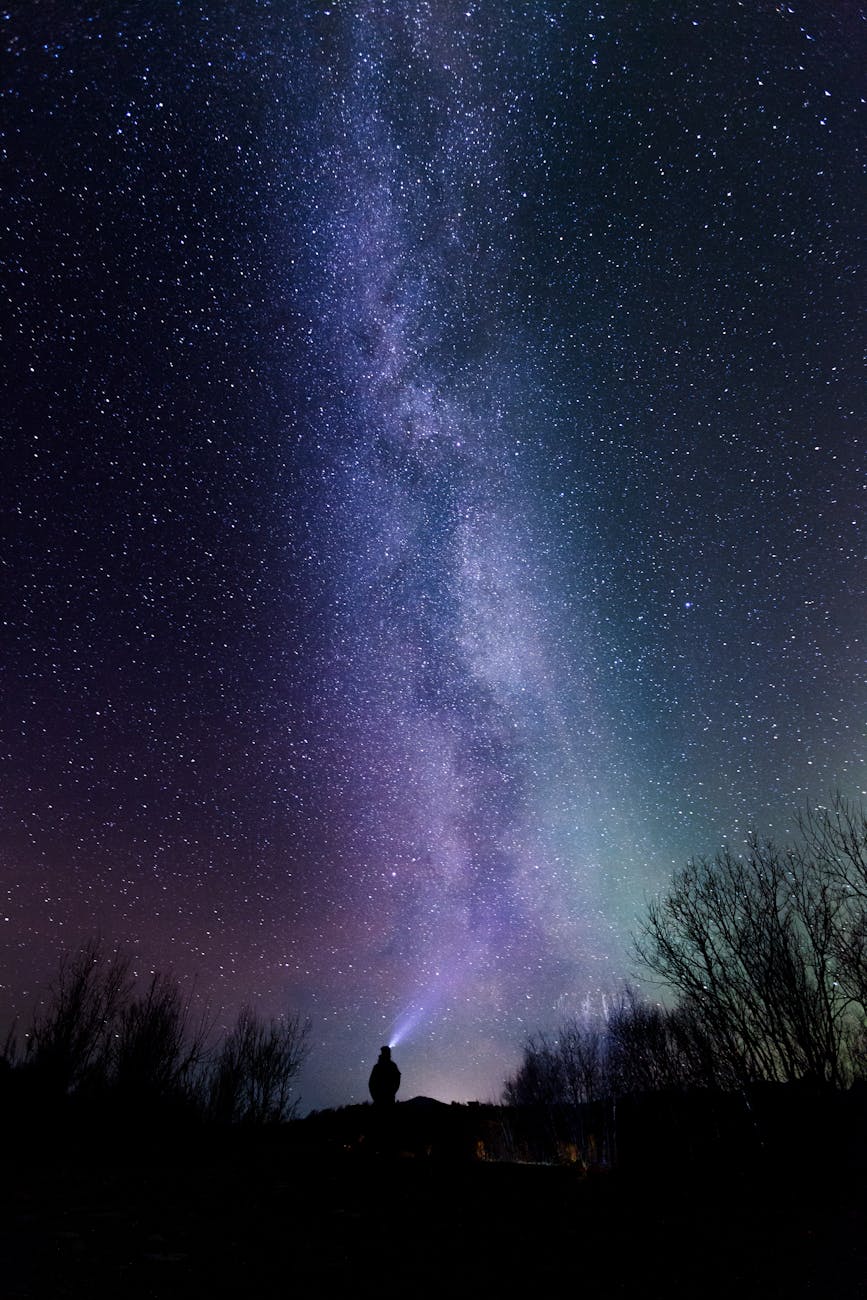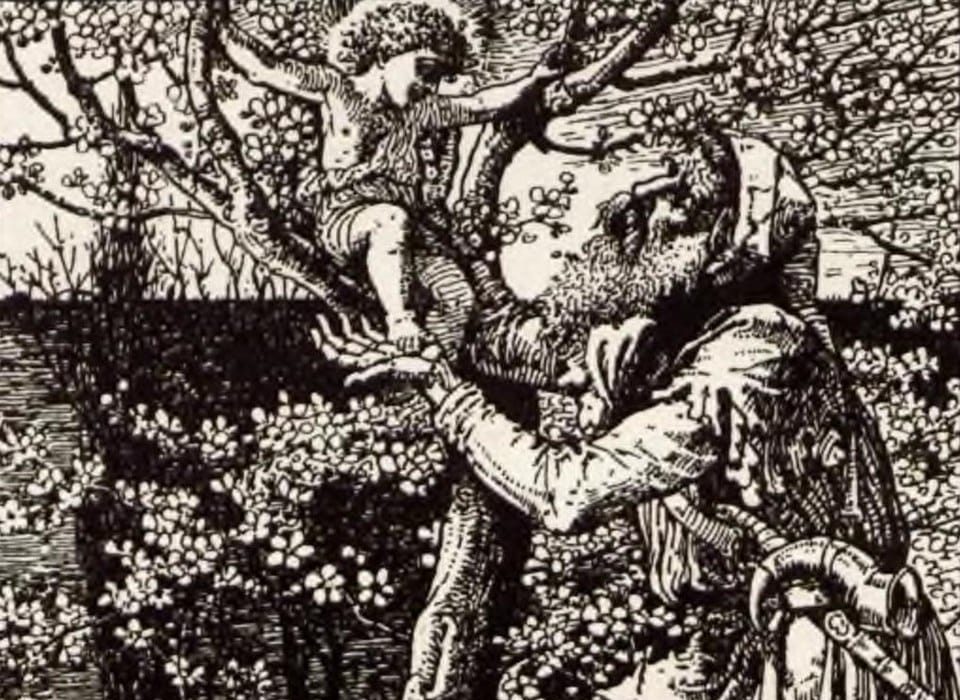Books and poems have an amazing way of transforming our lives. A simple line can convince us to change our fate. As such, everybody has a book, an author, or a story that pushed them into the literary world. The following shortlist is a collection of the books, stories, and poems that represent 7 life-changing writings and poems from famous authors.
“The Good Hours” by Robert Frost
What is there not to say about this poem as it relates to life-changing verse? It’s exceptionally relatable (maybe more so for writers), as it tells the tale of a late-evening stroll through town. “I had for my winter evening walk — / No one at all with whom to talk,” Frost states. And while this sounds forlorn, you can’t help but wonder if the author wants it this way. “And I thought I had the folk within: / I had the sound of a violin;” he continues, but then surmises: “I turned and repented, but coming back / I saw no window but that was black.”
Certainly, there is a feeling about wanting to be alone. Yet, the reality of actually experiencing it when it happens is much darker. There is also sadness in that feeling. Nevertheless, I would say this is a piece of life-changing writing. In the end, it makes you think about craving loneliness only to want to repent once it is upon you.
“1292” by Emily Dickinson
Also known as “In this short life that only lasts an hour,” Dickinson’s poem is brief; just two short lines:
“In this short Life that only lasts an hour
How much – how little – is within our power“
It’s a truly resonant poem, and reminds us that life is both fleeting and out of our grasp. It’s actually quite comforting in that you sidestep the nihilism inherent in the oftentimes existential questions and topics that Dickinson both writes about and poses. But with it comes the knowledge that Dickinson is both brilliant and exacting in her meaning. That’s why I consider this life-changing writing.
“Jet” by Tony Hoagland
There are many moments that feel singularly yours when you are growing up. Sometimes it’s a moment in time, or it’s an entire year. When I think about growing up and being a young man, I think about hanging out with my brothers and drinking cheap beer at our parent’s house in the middle of a farm town.
Upon reflecting on those days, I suffer from heartache. This is mostly due to the loss of innocence and love. It is also due to the realization that I can never go back to a time when I felt a sort of happiness I would never feel again. Tony Hoagland’s poem “Jet” is a perfect example of putting shared experience in verse and capturing not one moment, but many. It is apart of the quintessential life-changing writings by making us think about the lives we once had.

Hoagland writes:
“… We gaze into the night
as if remembering the bright unbroken planet
we once came from,
to which we will never
be permitted to return.
We are amazed how hurt we are.
We would give anything for what we have.”
Something Wicked this Way Comes by Ray Bradbury
An instant classic, Ray Bradbury’s Something Wicked This Way comes popped years ago on a dark fall night. Bradbury’s tale about the things we want in life is an atmospheric, brooding story of losing one’s youth while also remembering what it’s like to be young (or forgetting that you ever were).
The carnival that rolls into town and scares the bejesus out of our heroes is frightening as all get out. There are also thrilling moments that simply can’t be forgotten, from carousel rides to strange weather vane salesmen. Meanwhile, the characters in the book are wonderful, and the setting smacks of fall. Every time I pick it off the shelf, I can smell aging leaves and early-morning cold. And, I’m not going to lie, that’s a great feeling.
“A Good Man is Hard to Find” by Flannery O’Connor
There is one story that I can point to that rocked my literary world after I first read it, and Flannery O’Connor’s “A Good Man is Hard to Find” is that story. I remember reading it for a literature course in college. I immediately read the analysis section afterward. The author for that edition pointed out that O’Connor’s story had layers and could be interpreted in many ways.
One way to read it, the way in which I stand by to this day, is that it’s a story about the difference between espousing morality and actually living by it. The dichotomy of grandma and The Misfit spans lightyears, but the realization that The Misfit actually lives by what he says, thus making him more moral, is truly unsettling. In the end, grandma found her good man, but she didn’t really understand the definition.
“Lady,’ The Misfit said, looking beyond her far into the wood, ‘there never was a body that give the undertaker a tip.”
Slaughterhouse Five by Kurt Vonnegut
Kurt Vonnegut’s Slaughterhouse Five was one of my first difficult reads in that it challenged my notions of structure and development. I came to learn that I truly love post-modern literature; but, above all, I really just love the story and Vonnegut’s style and voice. I can hear him in my head as I read–his writing voice is that strong–and both his dry humor and sardonic nature really push the plot forward for me. Slaughterhouse Five is a great story that was relevant when it was written, and I would argue that its themes of death and irrelevance are relevant even now.
As a companion to a collection of life-changing writings, Vonnegut’s book does wonder for showing us the vile and beautiful faces of humanity. Vonnegut writes: “Somewhere in there was Christmas. Billy Pilgrim nestled like a spoon with the hobo on Christmas night, and he fell asleep, and he traveled in time to 1967 again-to the night he was kidnapped by a flying saucer from Tralfamadore.”
The Road by Cormac McCarthy
Cormac McCarthy’s The Road was another challenging read for me, but once I got used to the language, I fell in love, and the book made me cry when I finished it. It’s a story about a man and his son traveling through a wasteland hellscape to head south to warmer climate. Along the way, they run into cannibals, nearly starve to death on multiple occasions, and do their best to “carry the fire” for another day.
McCarthy wisely decided to keep details sparce in the story and the language reflects that stylistic choice. I am a fan of moody books because I can be a moody guy (ask my wife), but there is something cathartic about interpreting loss and conviction in characters and plot that I am always attracted to, which I think is probably important in most people’s reading lives and I think it’s also important to face those traumas—even if they are fictitious.
That’s why I consider it one of the life-changing writings that impacted my life.
In the story, McCarthy writes: “He walked out in the gray light and stood and he saw for a brief moment the absolute truth of the world. The cold relentless circling of the intestate earth. Darkness implacable. The blind dogs of the sun in their running. The crushing black vacuum of the universe. And somewhere two hunted animals trembling like ground-foxes in their cover. Borrowed time and borrowed world and borrowed eyes with which to sorrow it.”
Conclusion
Life-changing writing comes in many forms. In this post, we examined books and poems that have an influential sway over me. Yet, I think each of these writings has something in their core. And that thing is heart. It is a passion for life and craving for love. They speak volumes to those of us who would listen.





Leave a comment